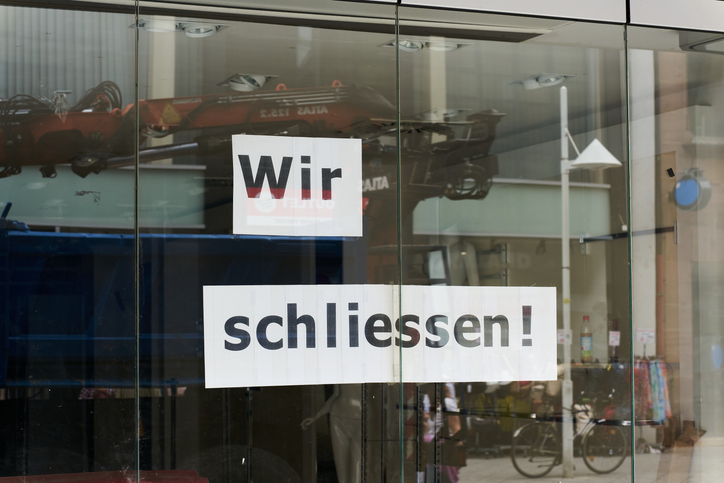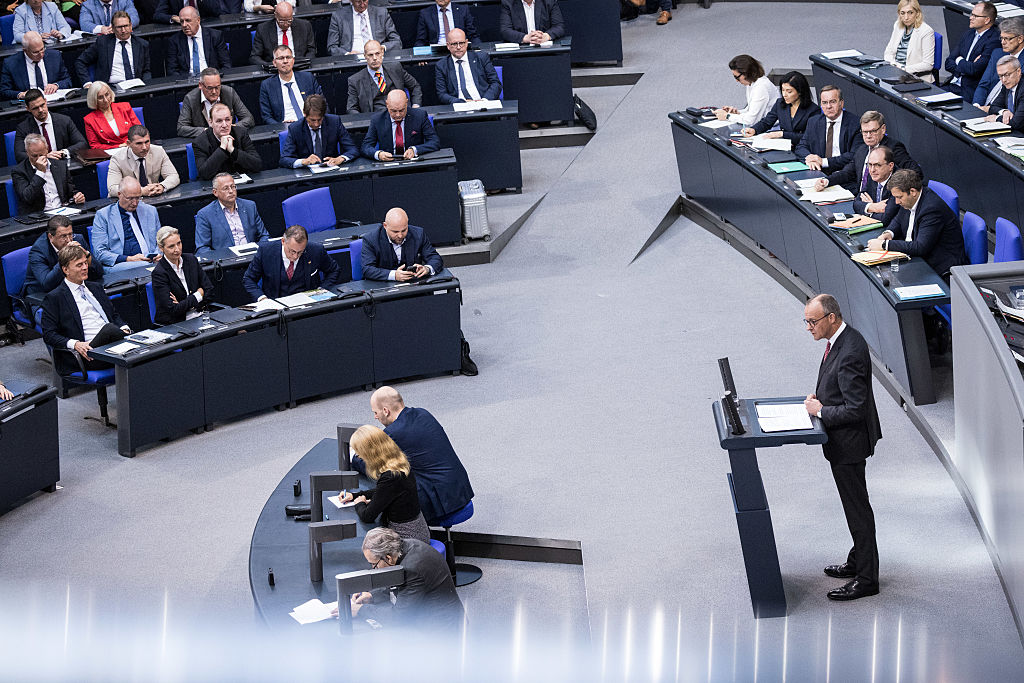Germany’s foreign minister Johann Wadephul has drawn criticism for misstating the role of Turkish migrant workers in Germany’s economic recovery after the Second World War.
In an interview with Turkish newspaper Hürriyet published on October 17, the Christian Democratic Union (CDU) politician said: “Women and men from Turkey played a crucial role in making the so-called economic miracle possible through their hard work, sometimes under very difficult circumstances – they helped build modern industrial Germany.”
The term “economic miracle” refers to a period of rapid economic growth in Germany after the war.
It started with a currency reform in 1948 and lasted until about the start 1960s. During this time Germany’s gross domestic product (GDP) was growing at a rate of 5 per cent to 11 per cent annually and its industrial capacities greatly expanded.
Large contingents of Turkish migrant workers, though, only started to arrive in the 1960s as historian Sven-Felix Kellerhoff pointed out in an article for German newspaper Welt – accusing Wadephul of disseminating “historically speaking, utter nonsense”.
In June 1962, only 3.1 per cent of all workers in Germany were foreigners, up from 0.4 per cent in 1954.
Among these were around 266,000 Italians, 87,000 Spaniards, 70,000 Greeks, and 47,000 Austrians – but just 15,000 Turks.
Turkish workers only started to arrive in large numbers after Germany concluded a recruitment agreement with Turkey in 1961.
In 1969, there were already 213,000 Turks working in Germany – the third-largest group behind 340,000 Italians and 226,000 Yugoslavs.
The biggest part of the economic miracle, though, was already over in 1961 when Turkish migration started to pick up.
While real economic growth had averaged 8.2 per cent in the 1950s, this dropped to 4.4 per cent in the 1960s. In 1973, the oil shock put another dent into Germany’s expansion.
“With more than 13,000 employees worldwide, is the German foreign ministry really unable to protect its own minister from such false statements in a prepared, by no means spontaneous press interview?,” Kellerhoff asked.
Economist Malte Fischer echoed his comments, writing in Swiss newspaper NZZ on October 18: “It is time for the Foreign Office to recognise this too and stop spreading biased narratives to please Turkey.”
Fischer added that Germany owed its economic miracle primarily to its commitment to a market-based capitalist economy in the 1940s.
He added that the 1961 recruitment agreement with Turkey was only concluded at the behest of the US, which wanted to further integrate Turkey as a NATO member.
“The German ministry of labour at the time expressed concerns about recruiting unskilled Turkish guest workers due to the cultural, religious and ethnic differences between Turkey and Germany,” Fischer continued.
Until recruitment ended in 1973, more than 850,000 Turkish workers had moved to Germany.





